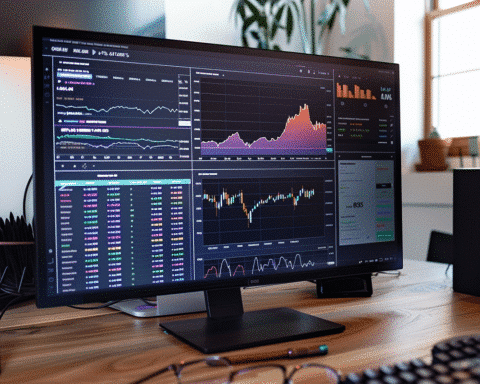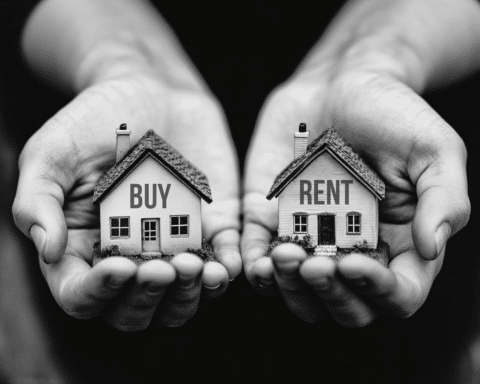When it comes to buying a home, the down payment plays a significant role in shaping your financial journey. While a 20% down payment is often considered ideal, there are potential advantages to making an even larger down payment.
Let’s explore the perks you can enjoy by putting more money down on your home and the important factors to consider.
Lower Monthly Mortgage Payments
One of the immediate benefits of making a higher down payment is the reduction in monthly mortgage payments. By committing more funds upfront, you decrease the amount you need to borrow.
For instance, on a 30-year fixed mortgage with a 6.81% interest rate, a 20% down payment on a $250,000 home would result in monthly payments of $1,306. However, doubling that down payment to 40% would lower the monthly cost to a more manageable $979.
Building Equity Sooner
A larger down payment also means building equity in your home right from the start. Equity represents the portion of the home you own outright and can borrow against if needed.
By putting down more money initially, you increase your equity stake, which can prove advantageous in the future when accessing funds or selling your property shortly after purchase.
Saving on Interest
Reducing the amount you borrow through a higher down payment also leads to significant interest savings.
Using the previous example, a 20% down payment would accumulate $270,156 in interest payments over the course of the loan. However, with a 40% down payment, the interest expense drops to $202,613—a substantial saving of $67,543.
Considering the Downsides
While making a larger down payment offers numerous advantages, it’s essential to be aware of potential drawbacks.
By committing more funds upfront, you have less money available for other purposes, such as emergency repairs or unexpected expenses. It’s crucial to strike a balance between a sizeable down payment and maintaining a sufficient savings cushion.
Opportunity Cost
Investors should also consider the opportunity cost of tying up funds in a higher down payment. Rather than locking away a substantial sum in home equity, exploring investment opportunities may yield higher returns.
Over the past 50 years, the stock market has generated an average annual return of 10%, making it a potentially lucrative avenue for long-term growth. For instance, investing an additional $50,000 instead of putting it towards a down payment could result in approximately $872,000 over 30 years, assuming a 10% average yearly return.
Making an Informed Decision
While the benefits of a larger down payment are evident, it’s essential to assess your financial circumstances and long-term goals.
Carefully consider the trade-offs between lower mortgage payments, increased equity, and potential investment opportunities. Engaging the expertise of a financial advisor can provide valuable insights tailored to your specific situation.
Finding the Right Balance
Making a higher down payment on a home offers advantages such as lower monthly payments, faster equity accumulation, and significant interest savings. However, it’s crucial to strike a balance between a sizeable down payment and maintaining financial flexibility.
Assessing your personal financial goals and weighing the opportunity cost of investing the funds elsewhere will empower you to make an informed decision. Remember, each homebuyer’s situation is unique, and finding the right balance is key to a successful homeownership journey.




